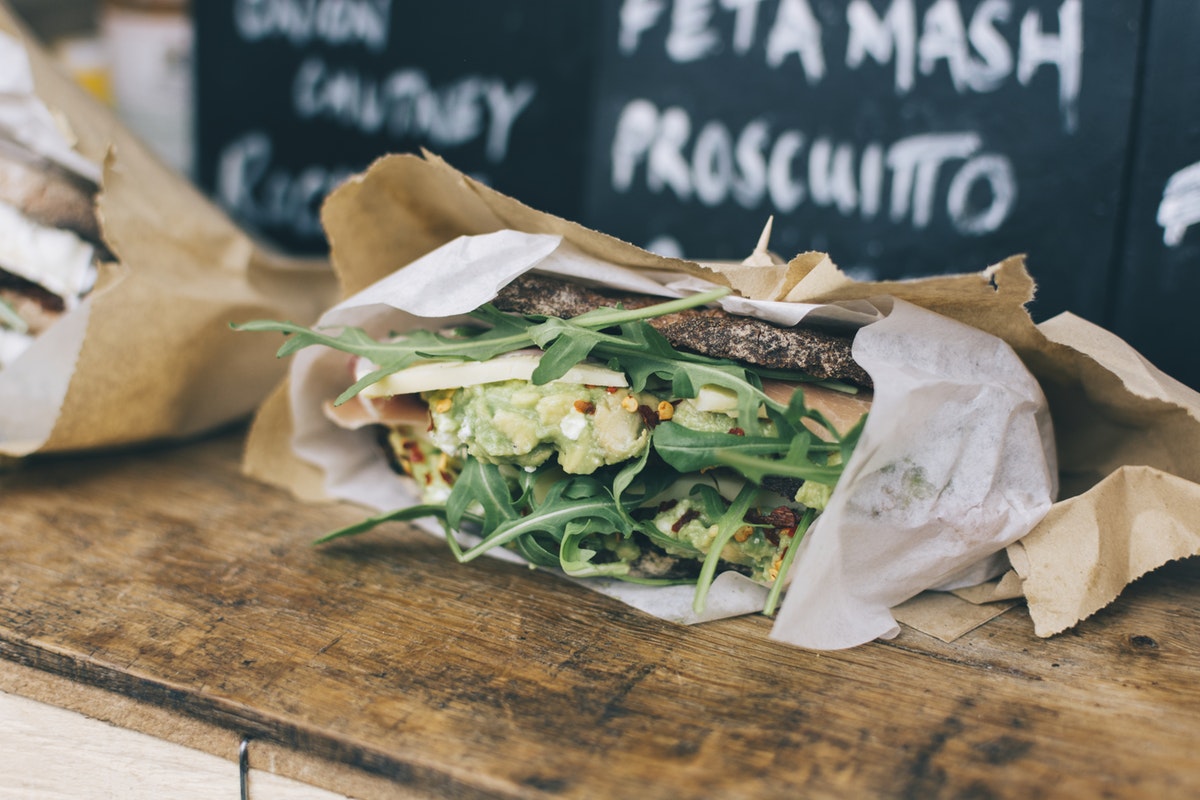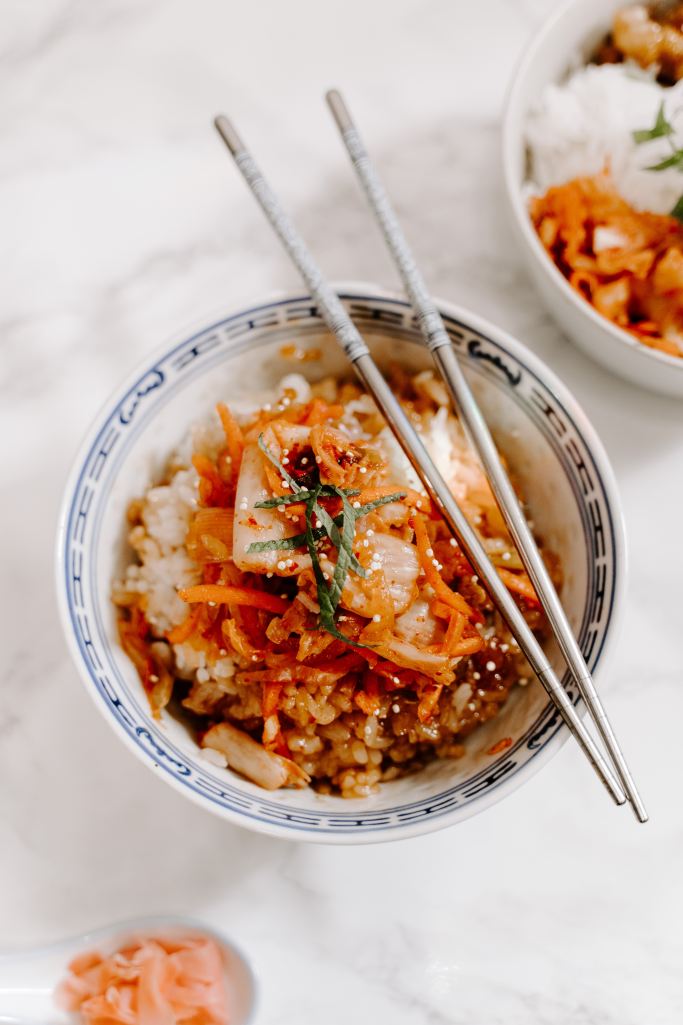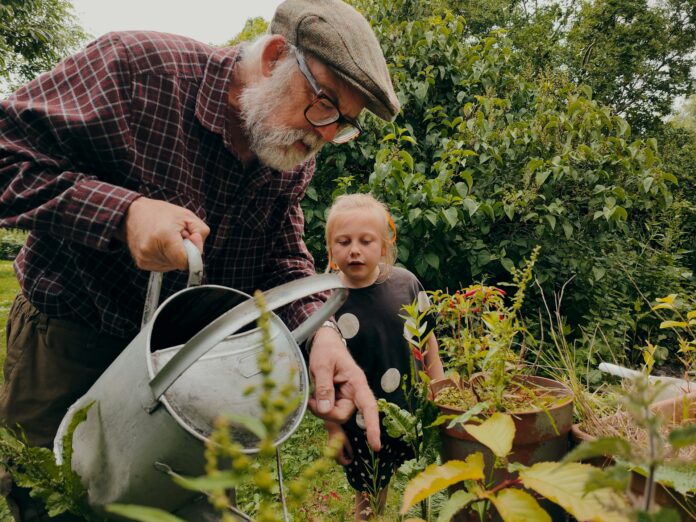Veganuary is well and truly upon us, but this year, for many, the decision to go plant based may well last beyond January 31st. Indeed, veganism has never been more popular, and both the environmental and ethical case for excluding meat and dairy from our diet is hugely convincing and persuasive.
For those who are turning to veganism for environmental reasons, cutting out meat and dairy could reduce their carbon footprint from food by nearly three-quarters. And for those keen to take control of their health, the appeal of less animal fat is obvious. But let’s be clear; following a strict vegan diet is far from an overnight process. It takes dedication and resilience, and we’re here to help with that; our 7 IDEAL tips to help you on your journey to veganism in 2025.
START SLOW
Waking up one day and simply ‘becoming’ vegan sounds wonderful in theory, but it isn’t as simple as that on paper to implement. The body needs time to adjust, as does the mind, so approach it with an open one for the sake of longevity. Don’t make becoming a vegan feel like a punishment for yourself, or the likelihood of long term success is greatly diminished. Instead, start with eating plant-based meals a couple of days in a week, at first, and take it from there.

DELAY THAT DECLARATION
It’s great that you’ve decided to become a vegan – the planet and its inhabitants should be thanking you for it – but it might be wise to wait a while before announcing it definitively and defiantly to the world. The path to veganism isn’t always a linear one; there will be bumps in the road, doubts and temptation, make no mistake. So before you go out announcing your new choice, make sure you find your footing first. And sadly, there will be many who find your new found veganism to be an affront; try and be empathetic towards people who have a negative attitude towards your dietary choice, and calmly explain your thinking behind it.
EMBRACE THE UNKNOWN
Meat is so often – well, let’s be honest, always – the star of a dish while vegetables serve as the sidekick. But that changes now. But in the right hands, that shouldn’t have to be a difficult shift. Vegan meals can be superbly flavourful and nutritious, and it’s time to embrace a journey of discovery, unearthing new recipes and skills previously unharnessed.
EAT LOCALLY & SEASONALLY
Let’s face it, however, those tomatoes picked thousands of miles away in Mexico are going to be racking up some serious air miles. Researchers from the University of Manchester recently calculated that for sandwich eaters, cutting out tomatoes from a classic BLT may be better for the environment than binning the bacon. Oh and did we mention that asparagus eaten when not in season in the UK (late April to early June) produces more green-house-gasses than pork and veal, not to mention chicken, eggs and milk? This is because most of it is flown in from another continent.
For conscientious eaters who are looking to reduce their carbon footprint, the climate impact of various fruits and vegetables may surprise you. The trick here is to eat seasonally and locally; use what’s abundant and around you at any given time of year; the product will taste more delicious and it won’t have travelled so far...what’s not to like? You can head over to your local farmer’s market for what’s good, or get fresh fruit and vegetables from trusted online suppliers such as Naturally Best Fresh.

DON’T JUST FOCUS ON SUBSTITUTION
With the extensive range of meat and dairy alternative products available, it’s convenient to recreate a veganised version of your favourite recipes in the hope of eliciting similar results. And that’s fine. But when they turn out not being a satisfying, there’s a danger you’ll revert to your old ways in the hunt for flavour.
Instead, it might be more prudent not just to focus on substitution. Instead, branch out and try out recipes that are originally vegan and just as good. From tofu to nutritional yeasts, pulses and abundant, intriguing herbs, Several Asian cuisines, such as Southern Indian and Korean, use the power of their natural produce to create amazing vegan dishes which don’t pay lip service to a meaty version. Particularly powerful in the plant based arsenal is the diverse set of techniques which come under the ‘preserving’ bracket; ferments, pickles, smoked stuff…it all adds heaps of flavour and can lift vegetables from dull into utterly delicious.

LEARN ABOUT NUTRITION
Those who suddenly go vegan are often concerned about the effects the switch will have on their health, strength and immunity. But with a little education on the topic, there needn’t be any cause for worry. There are so many delicious, flavourful vegan ingredients that provide all the necessary nutrition one needs.
The NHS recommends that those making the switch should base meals on starchy carbs, like wholegrain rice and potatoes, as well as beans and pulses, and make sure that emphasis is placed on getting enough calcium, iron and vitamin B12 in their diet, which vegans can sometimes be sufficient in. Fortunately, soy products, dark greens leaves, pumpkin seeds and prune juice can rectify this imbalance.
SHOP SMARTLY & COOK YOURSELF
There’s a common misconception that being a vegan is expensive. But the truth is that if you shop smartly, you’ll spend much less on a vegan lifestyle. Buying grains and other ingredients in bulk, as well as going to your local Chinese supermarket or wholesaler for tofu and soy products, planning meals in advance and doing a weekly shop online, and if you can, growing your own produce, are all easy (and sometimes rewarding) ways to save money. And with that, we better make tracks, our stomach is rumbling!





